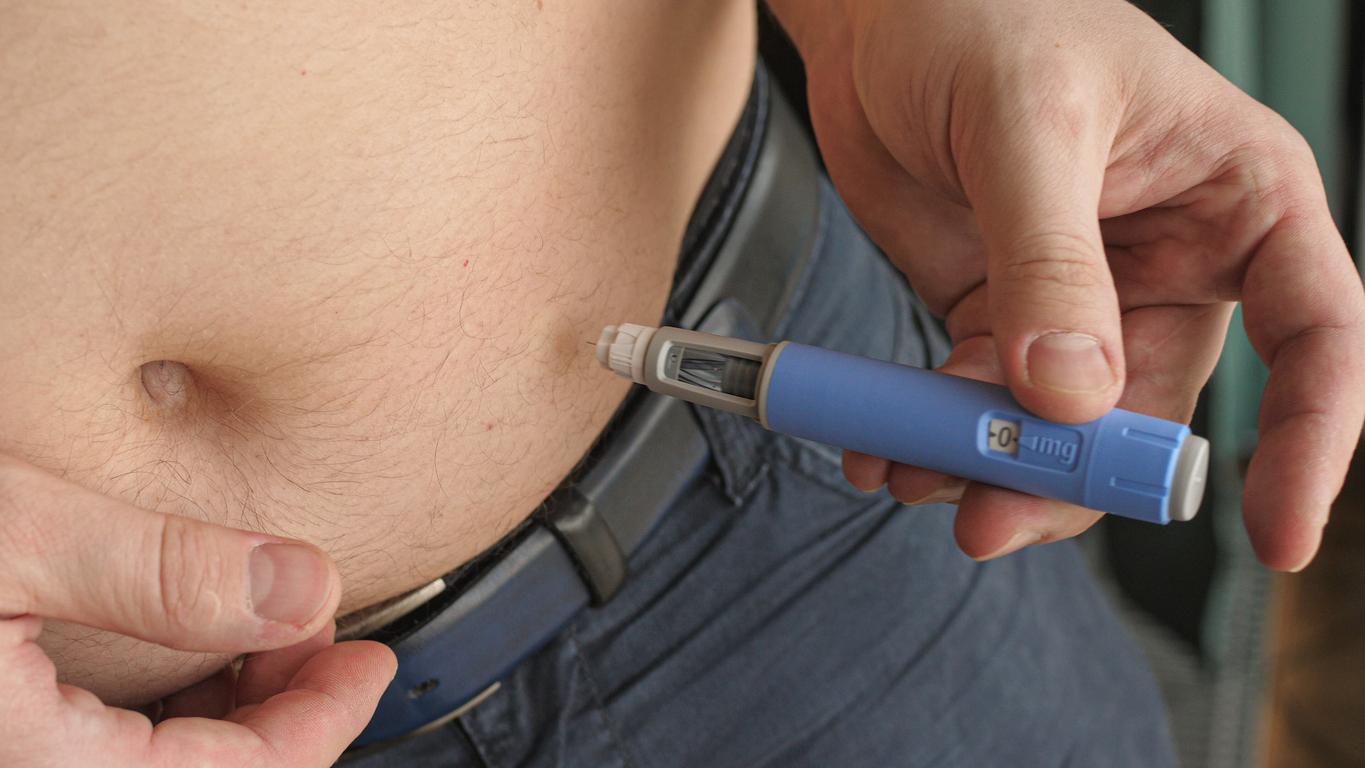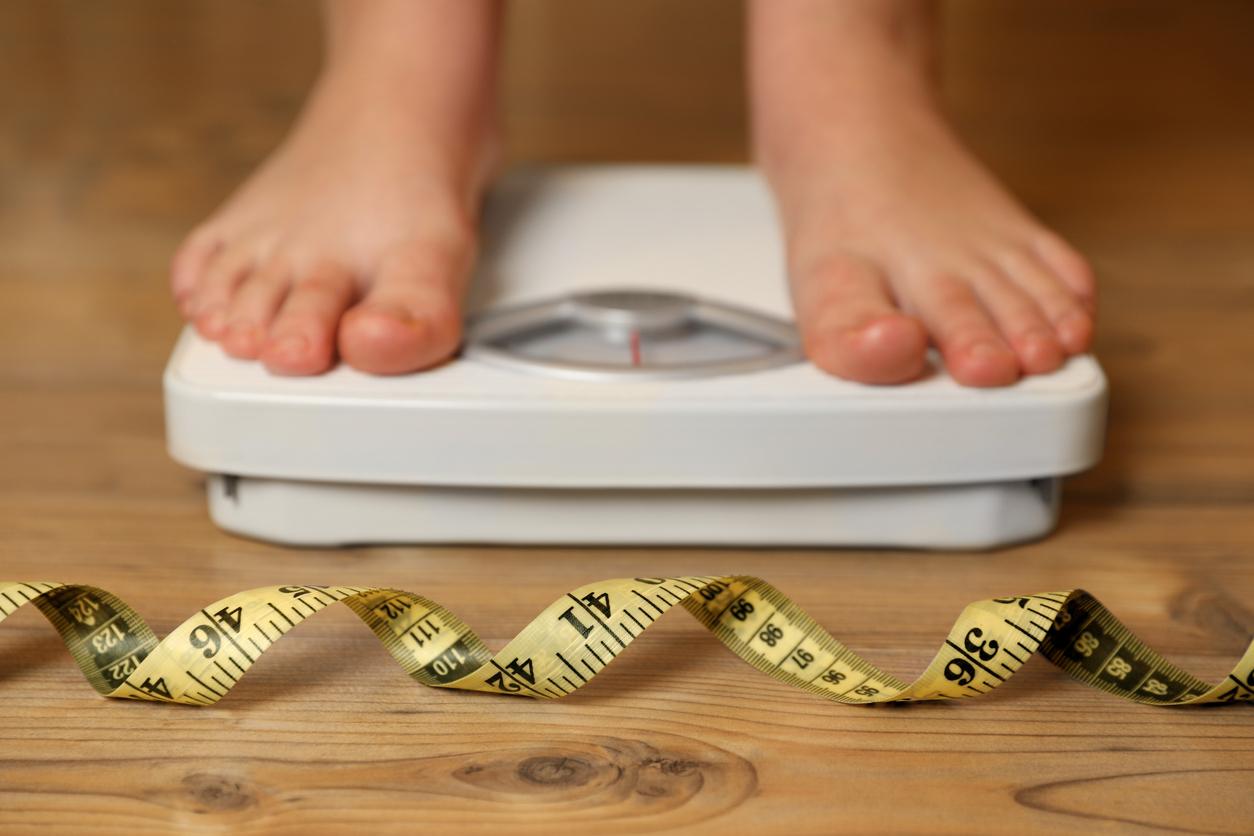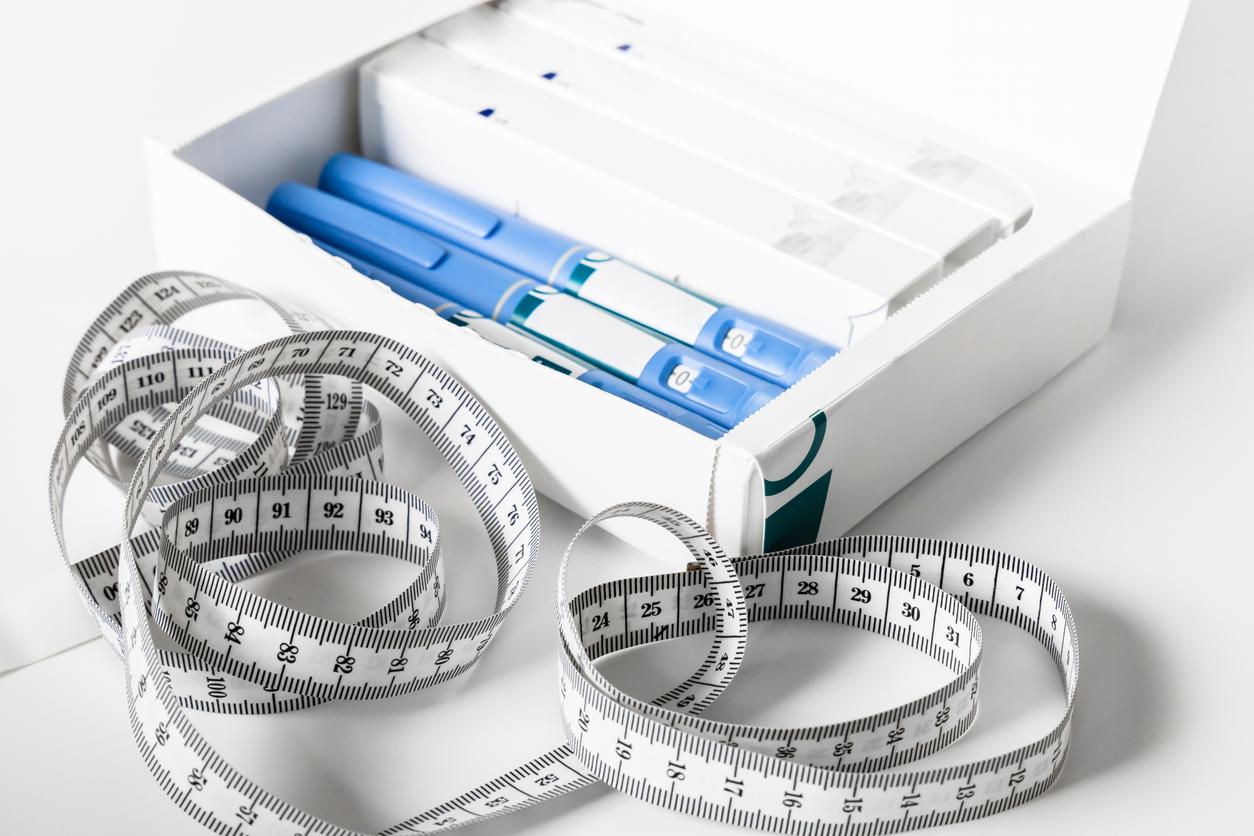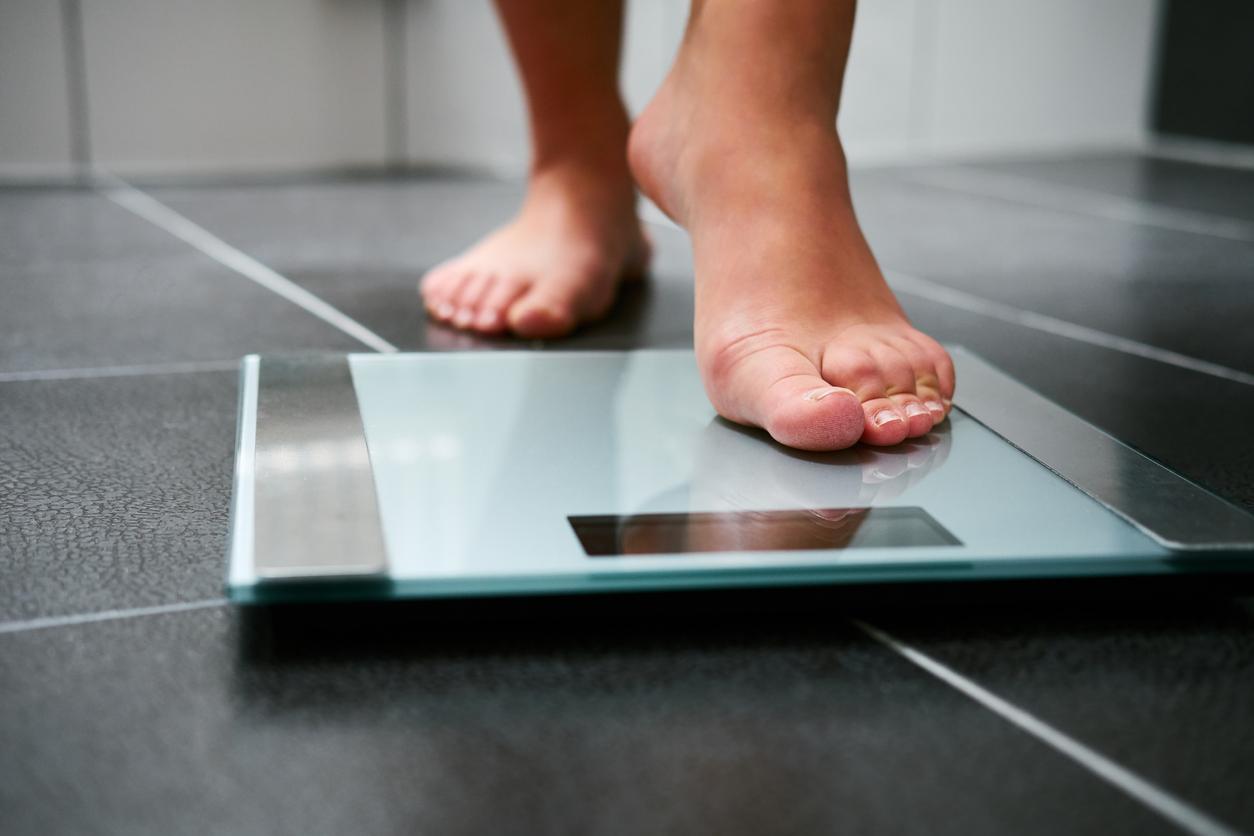Many people find that they gain a few pounds after 40, and they find it harder to lose them than when they were younger. This fat gain is mainly linked to physiological and behavioral changes. Nevertheless, it is perfectly possible to prevent it, or even reduce it.
Understanding midlife weight gain
At men’s, this increase would be mainly linked to the more sedentary way of life. At this age, men generally focus more on their work and their personal life, and they do not necessarily take the time to play sports. Lack of physical activity can lead to weight gain. The fat will then tend to be stored around the waistline.
Fat gain in women finds, for its part, part of its explanation in the physiological upheavals that they go through during this decade. It is, in fact, around the age of 40 that premenopause begins, which precedes menopause. It is during this period of life that the ovaries stop delivering an egg each month. This phenomenon is accompanied by a hormonal upheaval, during which muscle mass decreases, while the distribution of fat changes. Until then, they were mainly concentrated in the buttocks and thighs. From now on, they will rather be placed at the level of the belly. A woman gains an average of 0.8 kg per year between the ages of 42 and 50.
Adjusting your habits to lose weight after 40
Not surprisingly, dietitians recommend paying attention to diet and practicing regular physical activity. For women in particular, menopause causes a slowing of metabolism, which burns fewer calories than before. This is why it is advisable to modify your diet, favoring vegetables, fruits, legumes and not forgetting proteins, preferably provided by fish and white meat. It is advisable to limit deli meats and alcohol, which are both high in calories.
It may seem more difficult to lose weight after 40 years, but it is nevertheless perfectly possible to control it, even reduce it. This slideshow presents common sense recommendations for weight loss. Nevertheless, do not hesitate to approach a nutritionist doctor to benefit from personalized advice.
Specific needs after 50
Nutritional needs are not the same after forty and fifty. After 50 years, it is also advisable to increase its calcium intaketo limit sugar, salt and fat while taking care not to reduce its energy intake.
Read also:
- 9 sports to keep exercising (especially) after menopause
- Abdominals and flat stomach: the 7 pitfalls to absolutely avoid (so as not to ruin your efforts)
- 7 clues to spot a diet dangerous to your health



























